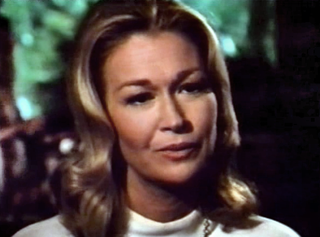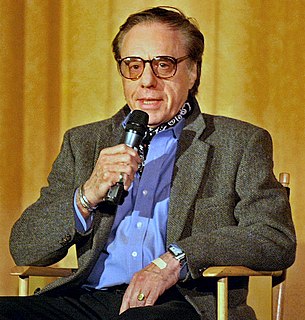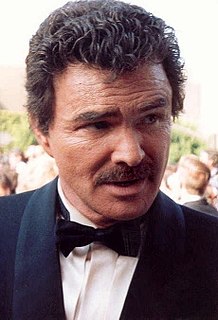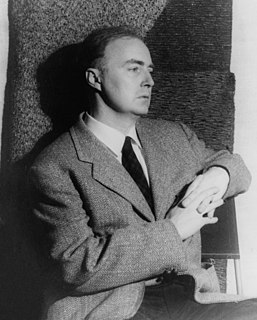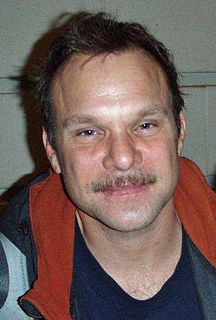A Quote by Maya Angelou
Of course, there are those critics - New York critics as a rule - who say, 'Well, Maya Angelou has a new book out and of course it's good but then she's a natural writer.' Those are the ones I want to grab by the throat and wrestle to the floor because it takes me forever to get it to sing. I work at the language.
Related Quotes
Everything I learned and didn't do in New York I would put into place here in the London West Hollywood. It's fascinating, when you look at the critics' reviews, and we had a great one in the New York Observer and all that, and then the New York Times came and it was a devastation; two stars out of four. They said that I played safe because it wasn't fireworks. Then they judged the persona over the substance that was on the plate.
Originality is also very important to a writer. And all of the writers I've mentioned, of course, are original, but it's important to me that every book that I do be really a completely fresh and new look at the world. And of course, that makes it frightening to start a new book because you can't really depend upon what you've done with previous books.
Stephen King writes mass fiction but gets reviewed by the New York Times and writes for the New Yorker. Critics say to me, "Shut up and enjoy your money," and I think, OK, I'll shut up and enjoy my money, but why does Stephen King get to enjoy his money and get reviewed on the cover of the New York Times Sunday Book Review?
But then when I'm in a halfway successful movie, it irritates the hell out of the critics in New York, because they'd like to kill my pictures if they could. So maybe I'm pretty good in the movie. Then they use all these words like I'm 'surprisingly' good, or 'shockingly enough,' I'm good. It's like I crawled out from under a magazine and they're surprised I can act.
I read reviews of critics I respect and feel I can learn something from. Right now there are a lot of bottom-feeder critics who just have access to a computer and don't necessarily have an academic or cinema background that I can detect, so I tend to ignore that and stay with the same top-tier critics that I've come to respect. I like reading a good review - it doesn't have to be favorable, but a well-thought-out one - because I very much appreciate the relationship of directors and critics.
We also look at farming. Are we making sure that we're getting the latest seeds out to women so they can get a bigger yield off of their farms? A new type of seed that gets out to a man, let's say, that's drought resistant - because, of course, the rains are changing in Africa with climate change - if you don't put it in the hands of a woman, she won't necessarily get it. We look at breaking down all those barriers.
There are roughly three New Yorks. There is, first, the New York of the man or woman who was born here, who takes the city for granted and accepts its size and its turbulence as natural and inevitable. Second, there is the New York of the commuter — the city that is devoured by locusts each day and spat out each night. Third, there is the New York of the person who was born somewhere else and came to New York in quest of something.
I was at the New York Film Critics Circle Awards one year - they called me up when somebody canceled two days before the thing, and asked me to present some awards. So I went, and one of the funniest film moments I've ever had was when they introduced the New York film critics. They all stood up - motley isn't the word for that group. Everybody had some sort of vision problem, some sort of damage - I had to bury myself in my napkin.
Most of my work in New York has been on new musicals. And all through the preview process, they throw you new songs, new lyrics, new choreography, new scripts; you're constantly getting new material. You might get it in the morning and put it in the show at night. It happens every single day, so those muscles are pretty toned.



